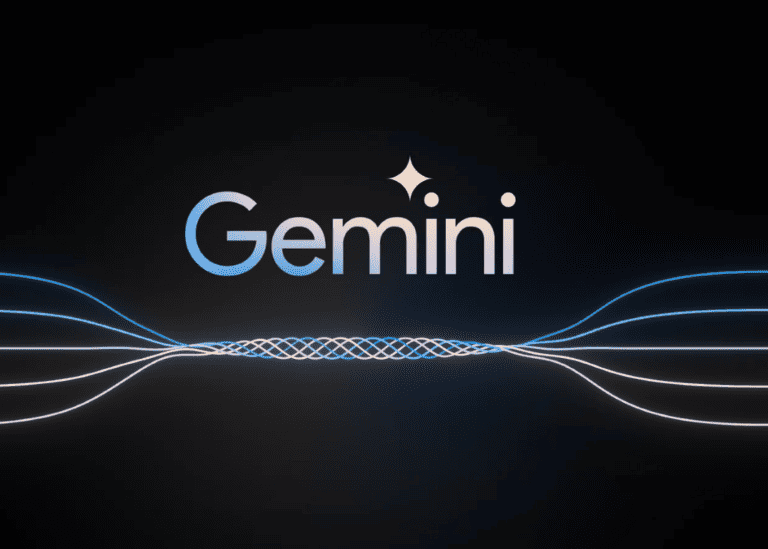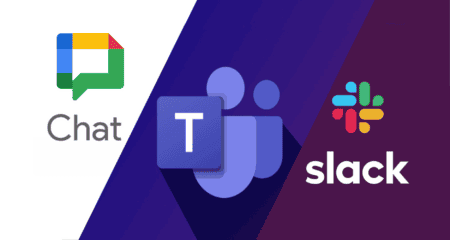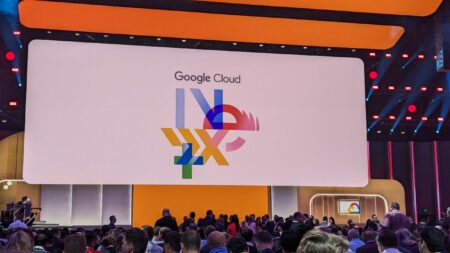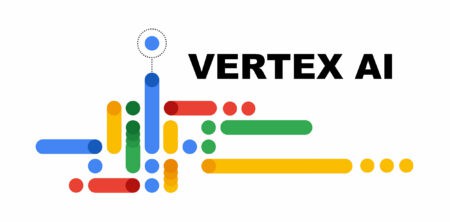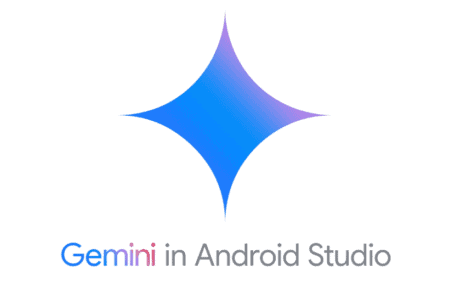Google is launching the AI model Gemini 1.0. It immediately provides the biggest upgrade to AI chatbot Bard and will roll out to various Google products in the coming months. GPT-4 gains a competitor, but the launch of Gemini also affects Microsoft Copilot.
Google presents Gemini 1.0 as “the most capable and generalized model we have ever built”. The introduction gives the PaLM 2 model we already know from this player in Google Bard, for example, a powerful little brother.
Or rather, we should say it has added three brothers. The largest version is packed in Gemini Ultra and can be used to accomplish very complex tasks. Gemini Pro scales according to the difficulty of the task. Finally, Google has built Gemini Nano for limited computing power. With this last efficient model, the AI model can be sold as a flexible model that can run on all types of hardware “from data centres to mobile devices”.
Next-gen AI model for Bard
The launch of Gemini 1.0 immediately gives Google the opportunity to provide its AI chatbot Bard with the biggest update ever. Bard will immediately run with Gemini Pro, the refined version that can reason, plan and understand at a higher level. Expansion into more languages than English is planned for the future.
Gemini is an AI model that can handle multiple types of data. But with text prompts, it really has something to say: “With a score of 90.0%, Gemini Ultra is the first model to outperform human experts on MMLU (massive multitask Language Understanding), which combines 57 subjects, including mathematics, physics, history, law, medicine and ethics, for testing both general knowledge and problem-solving ability.”
Gemini’s performance is astounding, but note here that Google had the most powerful variant, Ultra, compete for the tests. But you better not underestimate the capabilities of the other versions of Gemini. We do talk about a next-generation AI model which is trained from the beginning to handle multiple types of data. An approach that competitors, such as ChatGPT from OpenAI, did not use.
Competition for Microsoft Copilot
Google does not want to limit Gemini’s influence to Bard. Therefore, it plans to bring the AI model even further to services such as Ads and Duet AI in the coming months. A firmer integration into the Chrome browser and Google’s search engine is also on the horizon. It can be compared to what Microsoft Copilot, formerly Bing Chat, can accomplish for Edge users. A major update for that AI assistant was also only recently released.
Also read: Major update for Microsoft Copilot: ‘Deep Search,’ Code Interpreter, more
Google cannot let all the attention go to its competitor and is now pushing the AI model itself. Earlier, the launch of Gemini seemed headed for a postponement to 2024. This seemed necessary due to problems with non-English prompts. Google has now found a way around those problems by offering Gemini only in the English language for the time being.
Google says the addition of Gemini will make for a faster AI search engine: “We are already experimenting with Gemini in Search, making our Search Generative Experience (SGE) faster for users, with a 40% reduction in latency in English in the U.S., in addition to improvements in quality.”
Developers can add Gemini 1.0 to their own AI products starting Dec. 13 via the Gemini API in Google AI Studio or Google Cloud Vertex AI.
Gemini Ultra is still in the testing phase
Gemini will add the variant Gemini Ultra in 2024. That model will take shape for use in Bard Advanced, “a new, advanced AI experience that gives you access to our best models and capabilities.” Google indicates that this model has not yet been tested enough to launch already. The company expects to make the model available for developers and enterprise customers next year.
